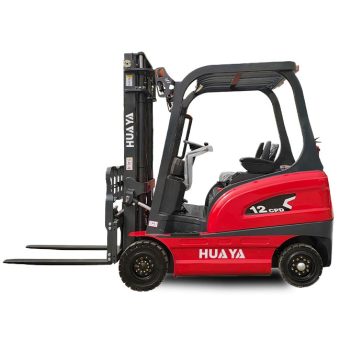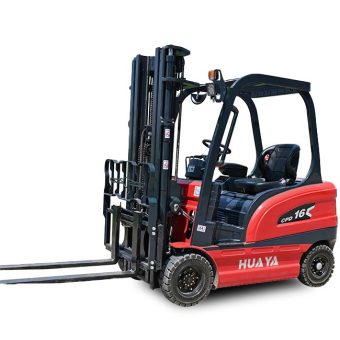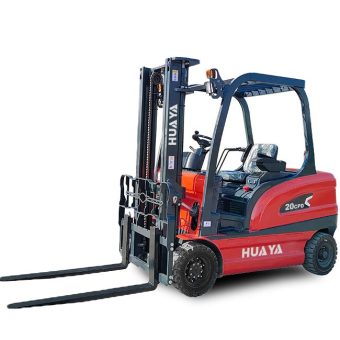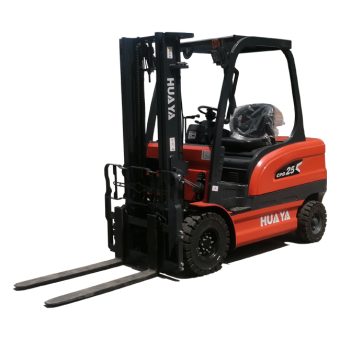
News
Regular servicing and maintenance are vital components of keeping an electric forklift running smoothly and efficiently. But how often should an electric forklift be serviced? In this article, we will explore the recommended service intervals for electric forklifts, the importance of preventive maintenance, and the benefits of adhering to a proper maintenance schedule.
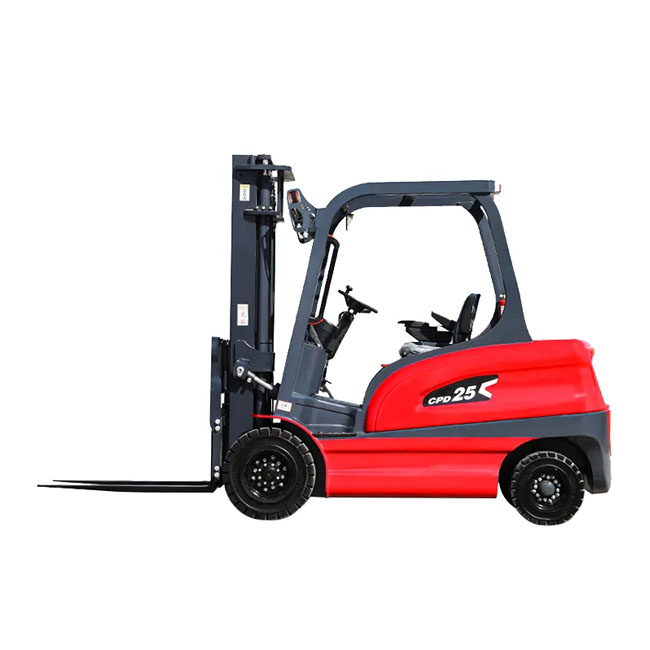
Regular servicing ensures that an electric forklift operates at its optimal performance level and minimizes the risk of unexpected breakdowns. An electric forklift, just like any other machinery, is subject to wear and tear over time. Routine servicing helps identify and address potential issues before they become major problems, thus preventing costly repairs or equipment downtime. Moreover, regular maintenance ensures that the forklift is safe to operate, reducing the likelihood of accidents or injuries in the workplace.
The frequency of servicing an electric forklift depends on factors such as its usage intensity, operating conditions, and manufacturer recommendations. As a general guideline, electric forklifts should undergo preventive maintenance checks approximately every 200 to 250 operating hours. However, it is crucial to consult the forklift's user manual or contact the manufacturer for specific service interval recommendations.
In addition to routine maintenance, several components may require more frequent attention. For instance, batteries, which are a critical part of electric forklifts, should be regularly inspected, water levels checked, and topped up as needed. Similarly, brake systems, tires, hydraulic systems, and electrical connections should be thoroughly examined during scheduled maintenance.
Adhering to a regular maintenance schedule for your electric forklift offers several advantages. Firstly, it helps extend the lifespan of the forklift. By addressing wear and tear, lubricating moving parts, and replacing worn-out components, regular maintenance helps prolong the overall life of the forklift.
Secondly, proper maintenance ensures optimal performance. By keeping the forklift in top condition, it will operate efficiently, allowing for increased productivity and reducing potential downtime caused by breakdowns.
Moreover, regular servicing can contribute to maintaining the safety of both operators and the surrounding environment. Faulty or worn-out components can compromise the safe operation of the forklift, leading to accidents. Routine inspections and maintenance checks help identify and rectify safety concerns, ensuring a secure working environment.
In conclusion, regular servicing of an electric forklift is vital for its smooth functioning, safety, and longevity. Following manufacturer recommendations for service intervals and conducting routine preventive maintenance checks play a crucial role in minimizing breakdowns, maximizing performance, and ensuring the safe operation of the forklift. By adhering to a proper maintenance schedule, businesses can benefit from enhanced productivity, reduced repair costs, and increased overall efficiency of their electric forklifts.
